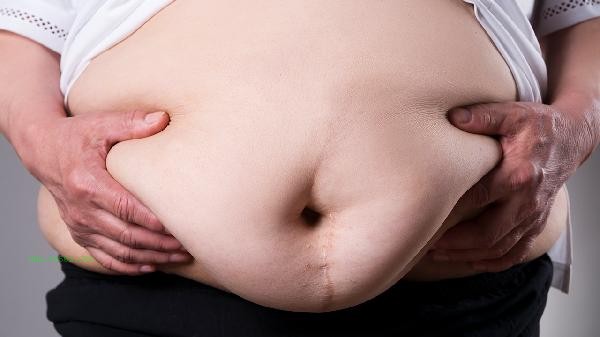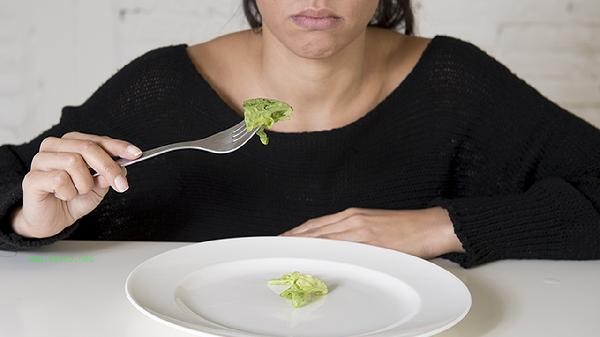During the weight loss period, it is recommended to eat meat in moderation at night. The key is to choose low-fat and high protein meat and control the intake. Restricting nighttime meat intake is mainly related to factors such as digestive and metabolic efficiency, calorie control requirements, impact on sleep quality, hormone secretion rhythm, and risk of fat accumulation.

1. Digestive metabolic efficiency:
The basal metabolic rate of the human body decreases by about 15% at night, indicating a weakened digestive system function. Red meat and other meat rich in saturated fat require 4-6 hours of digestion, which may increase the burden on the gastrointestinal tract. It is recommended to choose white meat such as chicken breast, fish and shrimp, as their proteins are more easily broken down into amino acids and digestion time can be shortened to 2-3 hours.
2. Calorie control requirements:
Consuming more than 30% of the daily total calories during dinner can easily lead to fat accumulation. 100 grams of pork tenderloin contains 143 calories, while the same weight of chicken breast meat only contains 165 calories. By using cooking methods such as steaming and boiling, avoiding high oil methods such as braising and frying, the calorie content of single meal meat can be controlled within 200 calories.
3. Impact on sleep quality:

A high protein diet promotes tyrosine synthesis and increases dopamine secretion. Clinical studies have shown that consuming more than 30 grams of protein three hours before bedtime may prolong sleep time by 23%. It is recommended to schedule meat intake at least three hours before bedtime, or choose turkey meat with high tryptophan content.
4. Hormonal secretion rhythm:
Nighttime growth hormone secretion accounts for 70% of the day's total, and excessive protein can inhibit its lipolysis. Insulin sensitivity decreases by about 50% at night, when consuming high-fat meat is more likely to promote fat synthesis. Control the amount of meat for dinner at 80-100 grams, combined with dietary fiber to stabilize blood sugar fluctuations.
5. Risk of fat accumulation:
There are diurnal differences in the sensitivity of adipocytes to insulin, and fat intake at night is more likely to be stored. Experimental data shows that dinner with the same calorie content converts 12% more body fat than breakfast. Choose seafood such as salmon and cod with high levels of omega-3 fatty acids, as their unsaturated fatty acids are not easily hoarded.

During weight loss, it is recommended to pair 150g of green leafy vegetables and 50g of miscellaneous grains with dinner. Use separate plates to control the proportion of meat to no more than 1/4. Sports enthusiasts can increase their whey protein intake by 20 grams, while sedentary individuals prefer fish protein. Pay attention to observing the changes in fasting weight in the morning. If the weight increases by more than 0.5 kilograms for three consecutive days, adjust the type of protein and intake time for dinner. Maintaining a daily protein intake within the range of 1.2-1.6 grams per kilogram of body weight and accurately measuring through a food scale is more beneficial for long-term weight management.




Comments (0)
Leave a Comment
No comments yet
Be the first to share your thoughts!